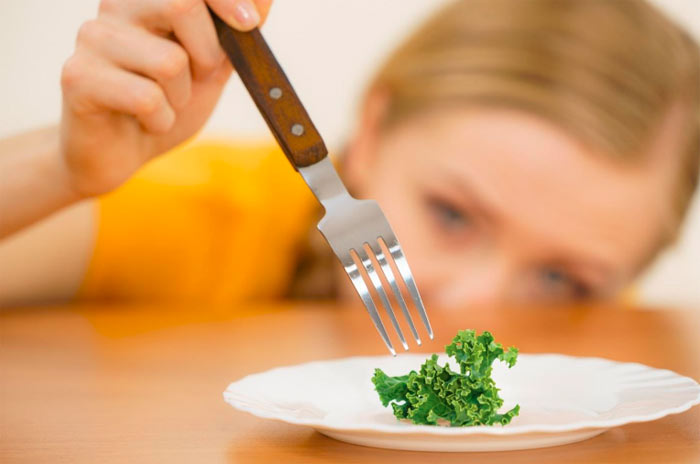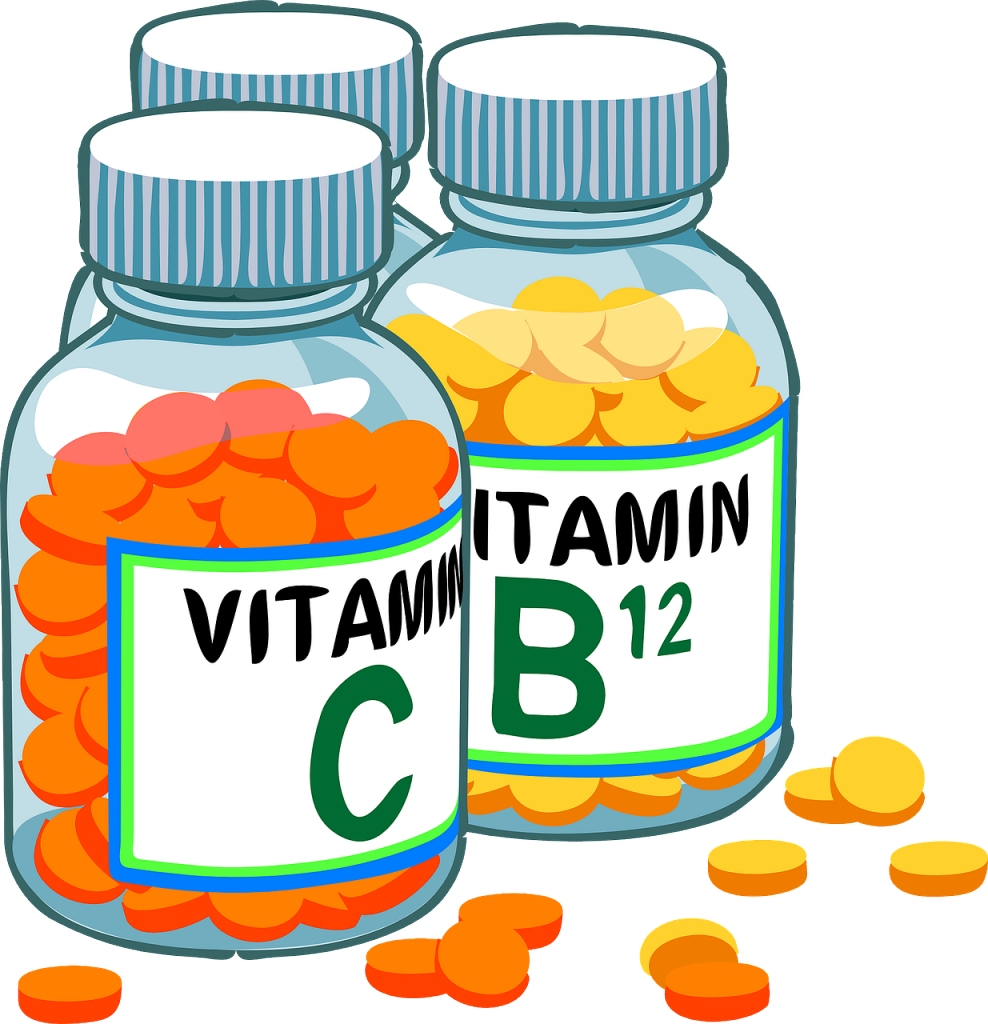Even the most suitable diet can have undesirable consequences. We asked a dietitian about the most common “side effects” of weight loss and advice on how to avoid them.
Saggy skin
Perhaps this is one of the most unpleasant consequences of diets, which negates all the aesthetic consequences of losing weight. Of course, we are not talking about losing two or even three kilograms. When it comes to changing from XXXL to the smallest S, you have to be very careful.
With rapid weight loss, the skin will not have time to respond to new sizes and shrink without causing discomfort. The only possible way to get rid of loose skin is with the help of a surgeon’s scalpel. Smokers and older people will be especially susceptible to this problem.
The first rule that helps to maintain good skin condition while losing weight is a gradual “loss” of weight. In this case, the skin will adapt and contract more easily. The optimal weight loss is 4 kg per month.
How Much Weight Can You Lose in a Month?
In case it comes to a large body weight, you can lose up to 6-7 kilograms during the first month. However, during this period, mainly water will go away, and adipose tissue will remain. In the future, you should adhere to a smoother rate of weight loss.
In the process of losing weight, it is useful to do procedures that activate the contractility of the skin. They are selected individually, based on the age and condition of the skin. Most often, doctors recommend lifting (radio wave or infrared) and laser procedures. All of the above can be done in a matter of 2-3 months.
Massage is also effective for the prevention of saggy skin during weight loss. It can be recommended in a combination with special procedures – this approach gives very good results. The massage enhances drainage, accelerates the excretion of fatty acids that are formed after the breakdown of more complex fats, stimulates the flow of arterial blood to the subcutaneous tissue, superficial muscles and, in fact, to the skin.

Stretch marks
Another problem that you can face when losing weight is the formation of stretch marks on the skin. Whether you face this problem or not depends, first of all, on genetics. However, the condition of the skin can also predetermine the appearance of stretch marks.
Elastic, well-hydrated skin resists stretching more effectively, which means it is less prone to stretch marks. For the prevention of stretch marks, all the procedures improving blood circulation in the skin are useful. These include peelings, massages with a hard washcloth, and contrast showers.
For the formation of new skin cells, the body needs structural elements ─ first of all, proteins and omega-3 fatty acids (their best source is fish and/or lean poultry meat). Therefore, to maintain skin tone during a diet, you need to adhere to the basic rules of good nutrition!
Depression
This is the most common ailment that accompanies dieting. It’s not about the amount of carbohydrates consumed, which are known to be responsible for our mood. According to a study published in the journal PLOS One, people who have been dieting for four years or more are more likely to be depressed than those who have been losing weight in cycles. During this time, people begin to perceive the diet as the ultimate goal. Reaching the final result, they do not understand where to strive next.
It is important to consider that the process of losing weight is associated not only with adherence to a certain diet, i.e. dietary restrictions, but also with the correction of eating behavior in general. For example, if food was one of the few sources of pleasure for a long time, having lost it, you will surely be depressed for some time.
In this case, psychotherapeutic methods should also be used to promote weight loss: auto-training, meditative and breathing techniques, and visualization. It is also necessary to expand your range of pleasures, which includes pleasures for the body (SPA skincare, massage, saunas, pleasant tactile sensations, physical activity) and for the soul (self-development, visiting theaters and exhibitions, reading books, etc.), and hands (any kind of applied art).

The second aspect, which is often associated with depression during weight loss, is the lack of micro- and macronutrients. In particular, they are responsible for the synthesis of hormones (serotonin and dopamine), as well as substances necessary for the normal functioning of the nervous system (Omega-3 fatty acids and various vitamins, for example, vitamin D and group B vitamins, as well as trace elements – magnesium, selenium, chromium).
That is why complex medications are prescribed to prevent a decrease in mood and the development of weight loss-related depression.
Muscle loss
This is especially true for those who like to lose weight quickly by resorting to strict restrictions in a matter of days. Remember that such weight loss usually does not lead to long-term results, and the lost pounds are easily gained in the very first days after returning to the usual diet.
In addition, those who urgently “lose weight via muscle loss” will expect flabby skin, pronounced cellulite and a slowed-down metabolism, which will hinder achieving the result. Every lost kilogram of muscles slows down the metabolic process by 10%. This means that food will be less absorbed in the body and accumulate in fat.
How to Lose Fat without Losing Muscle?
In order to preserve muscle tissue while losing weight, it is important to adhere to a balanced diet where the content of proteins, fats and carbohydrates is balanced, as well as to abandon strict restrictions ─ low-calorie diets (about 1000 kcal per day).
Reduce your total daily energy consumption by no more than 500 kcal ─ so you can lose weight by an average of 3-4 kg per month. The balance of proteins-fats-carbohydrates will remain the same, even if you are losing weight (the calorie content of the diet is only cut down!):
proteins – 20-30% depending on age (they give satiety and are building material for all cells of our body, enzymes, and hormones),
fats ─ 20-30% (2/3 are obtained from fish and plant foods, 1/3 come from dairy products, meat and poultry),
carbohydrates – 40-60% (no more than 15% of them are simple carbohydrates, the rest are complex carbs, mainly fiber).
Sugar, refined flour, and trans fats should be completely excluded from the diet.

Weakened Immunity
Frequent colds, chronic fatigue, tiredness, headaches, menstruation cycle failures, and problems in the adrenal glands are just some of the problems that losing weight may trigger. According to a study by the Seattle Cancer Center, those who have significantly lost and gained weight more than five times in their lives have half the immunity of those who constantly keep their weight under control.
There are many reasons for lowering immunity during weight loss:
- unbalanced diet (the body may simply not have enough building material for the synthesis of cells of the immune system)
- lack of vitamins and minerals (many of them are involved in the formation of immunoglobulins and antibodies)
- the consumption of foods that cause food intolerance in a person (in this case, the immune system is “distracted” by the food components, and its resources are no longer enough to fight pathogens).
Another reason for weakened immunity is a violation of the intestinal microflora. An imbalance in the composition of the microbiota can, among other things, be one of the reasons for the appearance of extra pounds, making it difficult to lose weight. Having found out the cause and corrected it, one can establish the normal functioning of the immune system.











